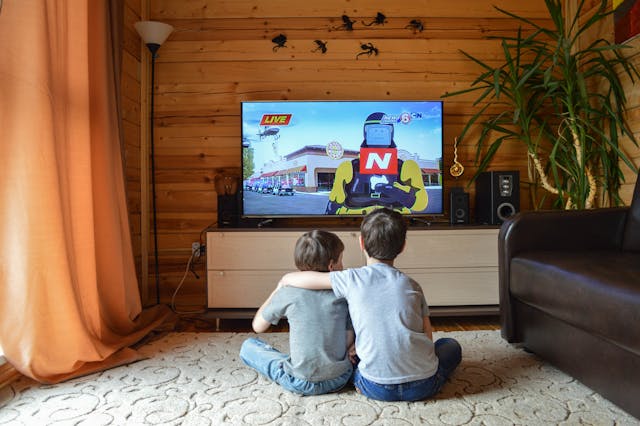
Building confidence in kids with ADHD requires more than just encouragement. It’s about understanding, patience, and finding the right strategies to help them shine. Children with ADHD face unique challenges, from struggling to focus in class to dealing with impulsive behavior that can strain their social relationships. These hurdles can chip away at their self-esteem. But with thoughtful guidance and unconditional love, you can help them grow into confident individuals.
Attention Deficit Hyperactivity Disorder (ADHD) is a neurodevelopmental condition that impacts focus, impulse control, and energy regulation. It often manifests as forgetfulness, difficulty completing tasks, fidgeting, or excessive talking. While these behaviors might seem disruptive, they reflect how differently the ADHD brain processes information.
Understanding these traits is key to encouraging children’s self-worth. With the right guidance, children with ADHD can channel their unique energy and creativity into positive outcomes.

Every child has special talents waiting to be discovered. Whether it’s a vivid imagination that fuels creative ideas or a knack for sports, these abilities are the foundation for boosting self-esteem in children. Instead of concentrating on areas of struggle, highlight what they do well.
For instance, if your child struggles to complete homework, focus on their effort in another area: “I loved how you shared your ideas in class today.” This shift from weaknesses to strengths helps them develop resilience and self-confidence.
Chaos can overwhelm children with ADHD. Establishing clear routines provides a sense of security, which is essential for developing resilience in children. For example, setting specific times for homework or bedtime creates predictability, reducing stress and helping them focus.
Imagine your child coming home after school knowing the routine—whether it’s having a snack, completing homework, or engaging in a favorite hobby. These structured steps offer stability, making it easier to nurture confidence and emotional growth.
Praise is most effective when it’s specific. Instead of saying, “Good job,” try, “I’m so proud of how you finished your worksheet without giving up.” Such feedback emphasizes effort and persistence, key to positive reinforcement for kids.
Recognizing even small achievements teaches children to connect effort with success. Over time, this consistent encouragement builds self-worth and motivates them to embrace challenges with confidence.
Helping shy kids gain confidence often begins with understanding their emotions. Take time to ask your child about their day—not just the events but also how they felt. These conversations validate their experiences and show that their emotions matter.
For example, if your child feels frustrated about a tough school day, listen empathetically. Instead of offering immediate solutions, say, “That sounds tough, but I’m proud of how you managed to share your feelings.” Open discussions strengthen their emotional growth and reinforce their self-worth.
Children with ADHD often face setbacks, such as forgetting assignments or speaking out of turn. Instead of focusing on errors, help them see mistakes as opportunities for growth. Teach them, “Everyone makes mistakes; what matters is how we handle them next.”
This perspective is crucial for overcoming insecurities in children. By reframing failures, they learn that mistakes are a natural part of growth, helping them approach challenges with confidence and resilience.
Hobbies play a vital role in building self-confidence in young minds. Whether it’s painting, martial arts, or dancing, extracurricular activities allow kids to express themselves and discover their strengths. Physical activities like soccer or walking not only channel energy but also foster discipline and focus.
For children with ADHD, finding activities that align with their interests can boost their mood and sense of accomplishment, nurturing a positive self-image.
Confidence is built step by step. Celebrate small victories, like completing a task or showing kindness to a friend. These moments remind children that their worth isn’t tied to perfection but to their effort and unique qualities.
Acknowledging progress—no matter how small—helps in supporting emotional growth in kids. When children feel valued for who they are, they’re more likely to approach life with optimism and self-assurance.
How to build confidence in kids with ADHD is a journey that requires patience, love, and the right strategies. By focusing on strengths, fostering emotional growth, and encouraging hobbies, parents can help children overcome insecurities and develop resilience. Through consistent support and positive reinforcement, children with ADHD can grow into confident individuals ready to embrace their unique potential.


